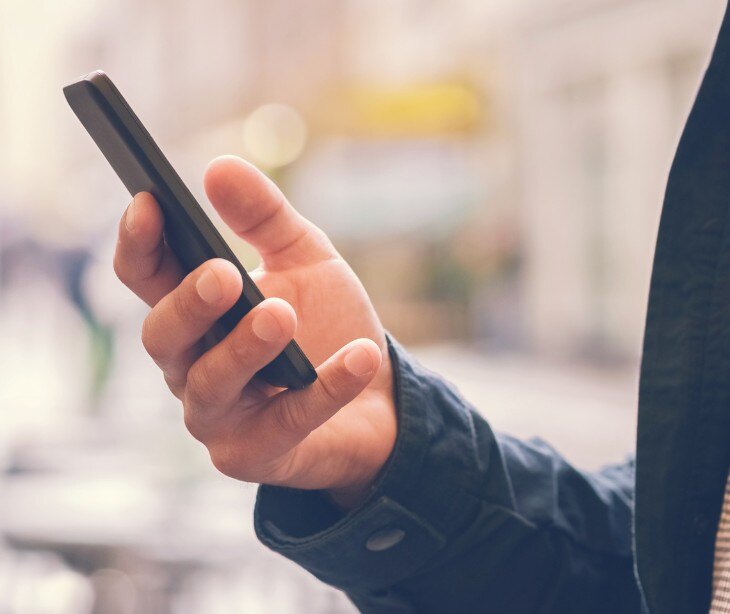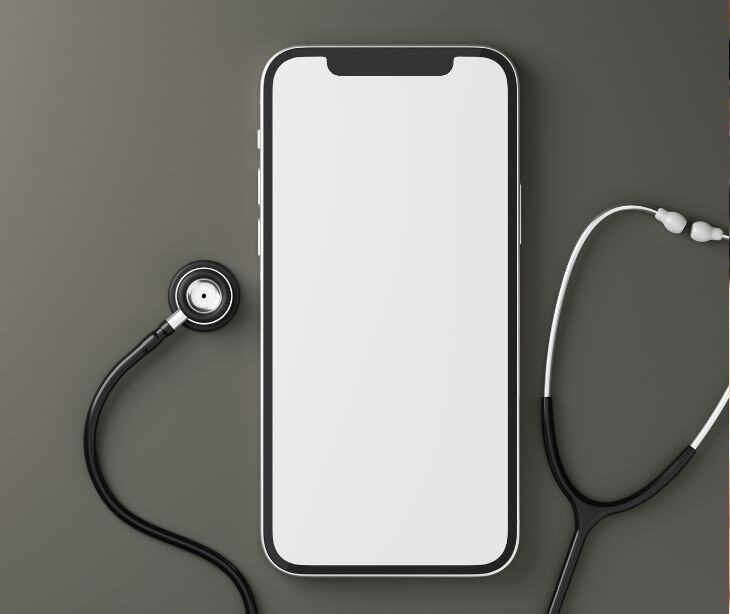
Text messaging is the most common form of communication among youth. HIPAA compliant texts present an opportunity to enhance youth-based healthcare engagement and interventions.
Texting as a youth-friendly tool
Research indicates that a significant portion of physicians, around 60% to 80%, utilize text messaging for clinical communications. While others avoid the use of mobile communications altogether, due to concerns about HIPAA violations and an absence of explicit institutional guidelines.
So, it is important to understand the current guidelines on transmitting protected health information (PHI) through text messaging.
HIPAA compliant text messaging is a proven tool for improving the youth-friendliness of services. It encourages ongoing communication and enhances patient engagement, ultimately leading to better health outcomes.
Read also: HIPAA compliant text messaging
Common health problems among youth according to the World Health Organization (WHO):
WHO states that adolescents often face mental health disorders, injuries stemming from accidents or violence, and complications from substance abuse. Additionally, sexual and reproductive health problems pose significant health risks.
These include early pregnancy, maternal mortality, sexually transmitted infections like HIV, and harmful traditional practices such as female genital mutilation. Other health concerns also include nutritional imbalances, like undernutrition and overnutrition.
More specifically, mental and emotional health challenges are a significant concern among youth, as evidenced by the Urban Institute. With the advances in telehealth services, providers can now offer various means of communication to those who seek support.
Oftentimes, young people may struggle to find a private space at home or feel uncomfortable being overheard by adults. In such cases, healthcare providers can suggest communicating via HIPAA compliant text messaging. This will allow youth to reach out for help during unsafe home environments.
Additionally, providers must carefully consider when in-person care is necessary, ensuring that mental and emotional health supports are accessible.
How does confidentiality apply to minors?
HIPAA regulations state that individuals under the age of 18 are regarded as minors. They are not granted independent rights under the HIPAA law but are seen as dependents of the parents or guardians. HIPAA refers to these parents as ‘designated representatives’.
So, parents or guardians typically have access to their minor children's protected health information (PHI) and can exercise HIPAA rights on their behalf. A provider may only send HIPAA compliant text messages to a minor once authorized by the designated representatives.
However, certain exceptions exist where disclosure of a minor's PHI to their parents may not be warranted under HIPAA regulations.
HIPAA compliant texts in psychoeducation
Studies show that text messages serve as effective follow-up educational tools, with approximately 75% of studies reporting improved outcomes. Among these studies, 40% showed enhanced adherence to medication or treatment. However, healthcare providers must uphold HIPAA regulations, especially when addressing health issues involving minor patients.
They should safeguard protected health information (PHI) and ensure compliance with privacy laws while delivering quality care to adolescents. Providers must prioritize patient privacy and confidentiality, even amidst the complexities of adolescent healthcare.
Read also: How psychoeducational text messaging improves patient outcomes
Reproductive rights for minors and HIPAA compliant texting
Certain state laws grant minors the legal capacity to consent to certain healthcare services independently.
For example, in states like California and New York, minors have the right to confidential reproductive healthcare services, including contraception and abortion, without parental consent.
In such instances, providers may use HIPAA compliant texting to facilitate access to confidential healthcare services.
FAQs
What are other exceptions to these HIPAA regulations?
A provider may withhold a child’s medical information from their parents if there is suspicion or allegations of abuse or if the minor may legally consent to the provided care under state law.
Providers have the responsibility of protecting vulnerable minors and acting in the child’s best interests while being HIPAA compliant. Withholding the child's PHI from their parents may be necessary to protect the minor's well-being and safety.
What are the penalties for HIPAA violations?
HIPAA violations can result in harsh penalties, including fines and criminal prosecution. Depending on the seriousness of the infraction, civil penalties could reach $50,000 per infraction and a maximum of $1.5 million annually.
For willful HIPAA violations, criminal sanctions include fines of up to $250,000 and up to 10 years in jail. Organizations that are found to be in breach may also suffer from a damaged reputation, a decline in patient trust, and even legal action from impacted parties. Maintaining patient confidentiality and avoiding these repercussions require strict adherence to HIPAA regulations.
Subscribe to Paubox Weekly
Every Friday we bring you the most important news from Paubox. Our aim is to make you smarter, faster.




